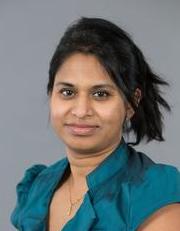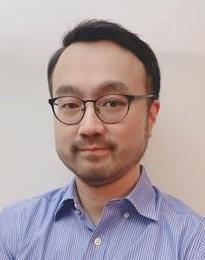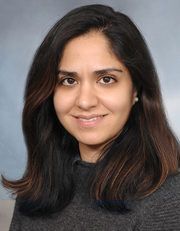
Mantei Center Cleanroom
The Mantei Center Cleanroom is a central fabrication, processing, and characterization center intended to be used by a broad campus-wide research community. The more than 8000 square foot facility includes areas of class 10, 100, 1000, and 10,000 cleanroom spaces. It includes lithography, deposition, etching, oxidation, and electrical and optical characterization tools.
The Cleanroom is a university facility that encourages use from all colleges and departments on campus as well as other academic and industrial users. To gain access to the facility one needs to complete the ERC Cleanroom safety course as well as the OSHA online Hazardous Communications training courses. The completion of these and possessing appropriate personal protective equipment will allow access to the laboratory facility. Additional training is required to use a majority of the facility equipment.
Cleanroom & OCMI Equipment
To sign up to use the equipment in the Cleanroom and OCMI, please fill out the Equipment Usage Scheduler.
View the full list of available equipment.
Location
Cleanroom Request Forms
Contact Us
Director

Rashmi Jha
Professor (F2), CEAS - Electrical and Computer Engineeri
385 MANTEI
Staff

Ronald Flenniken
Clean Room Engineer Sr, CEAS - Clean Room
388 MANTEI

Jeffrey R. Simkins
Microelectronics Engineer, CEAS - Clean Room
390 MANTEI

Je Hyeong Bahk
Associate Professor, CEAS - Mechanical Eng
490 Rhodes Hall
Group Web: https://sites.google.com/site/jhbahk/
Google Scholar: https://scholar.google.com/citations?hl=en&user=x-cZE5YAAAAJ
ResearchGate: https://www.researchgate.net/profile/Je-Hyeong-Bahk

Marc M Cahay
Professor, Department Head, CEAS - Electrical and Computer Engineeri
812J Rhodes Hall

Leyla Esfandiari
Assoc Professor, CEAS - Biomedical Eng
MANTEI
Dr. Esfandiari received her B.S. in Electrical Engineering from the California State University of Long Beach (CSULB) and her M.Sc. in Biomedical Engineering from the University of California Irvine (UCI). She completed her doctoral degree in Bioengineering from the University of California Los Angeles (UCLA). While at UCLA, Esfandiari also conducted research at the California Nano-System Institution (CNSI), School of Medicine Neuroscience and Orthopedic Surgery Departments. During her academic training, Dr. Esfandiari has given back by leading and training graduate and undergraduate students. Besides her academic experiences, she has 3 years of industrial experience working at the tech companies in southern California.

Frank M Gerner
Senior Associate Dean, Emeritus, RES Office of Research
650F DIGITFUT

Ryan J White
Professor and Ohio Eminent Scholar, Unit Head - Chemistry, Graduate College
Van Wormer Hall
Ryan J. White is Professor and Ohio Eminent Scholar in the Department of Chemistry with a complimenrary joint appointment in the Department of Electrical and Computer Engineering. He has served as Head of Chemistry since Fall 2022. Ryan received his bachelor’s degree in chemistry from the University of North Carolina (2003) and earned a Ph.D. in chemistry from the University of Utah (2007). He was an NIH NRSA Postdoctoral Fellow at the University of California Santa Barbara. Ryan started his academic career as an assistant professor in Chemistry and Biochemistry at UMBC in 2011, and was promoted to associate professor with tenure in 2016. Ryan joined UC in the fall of 2017. Ryan is also the recipient of the Royce W. Murray Young Investigator Award from the Society for Electroanalytical Chemistry.